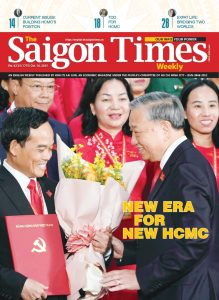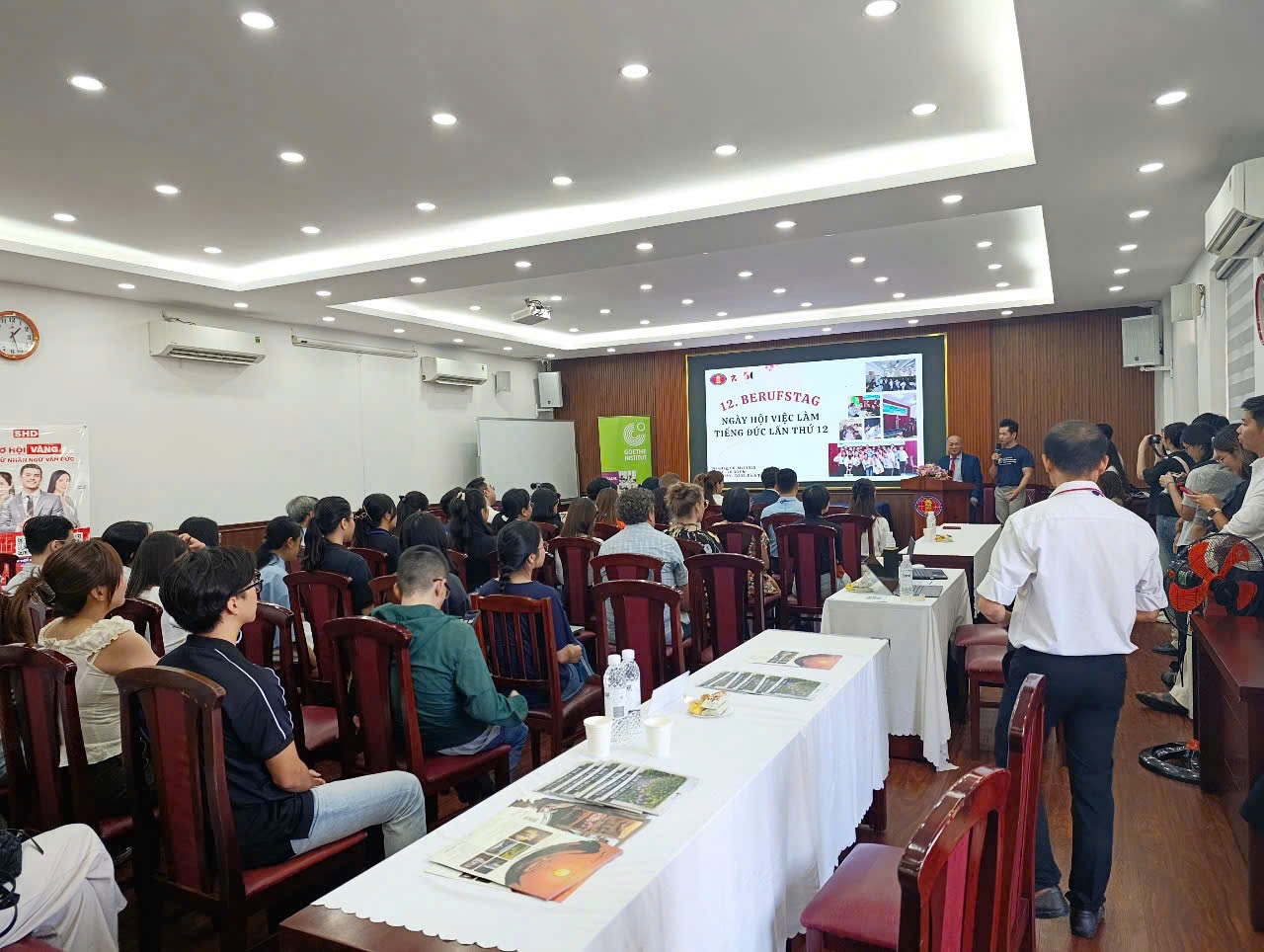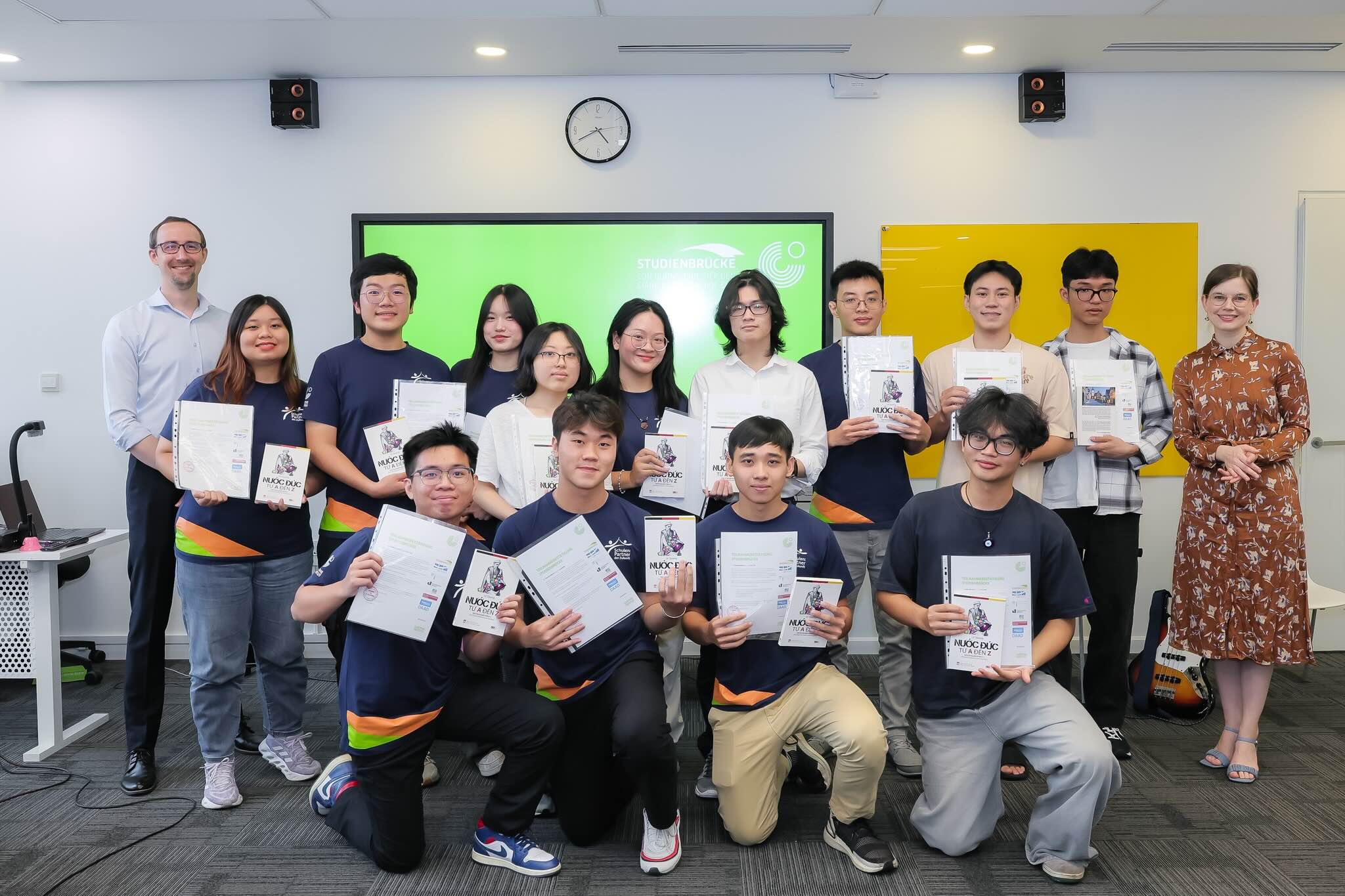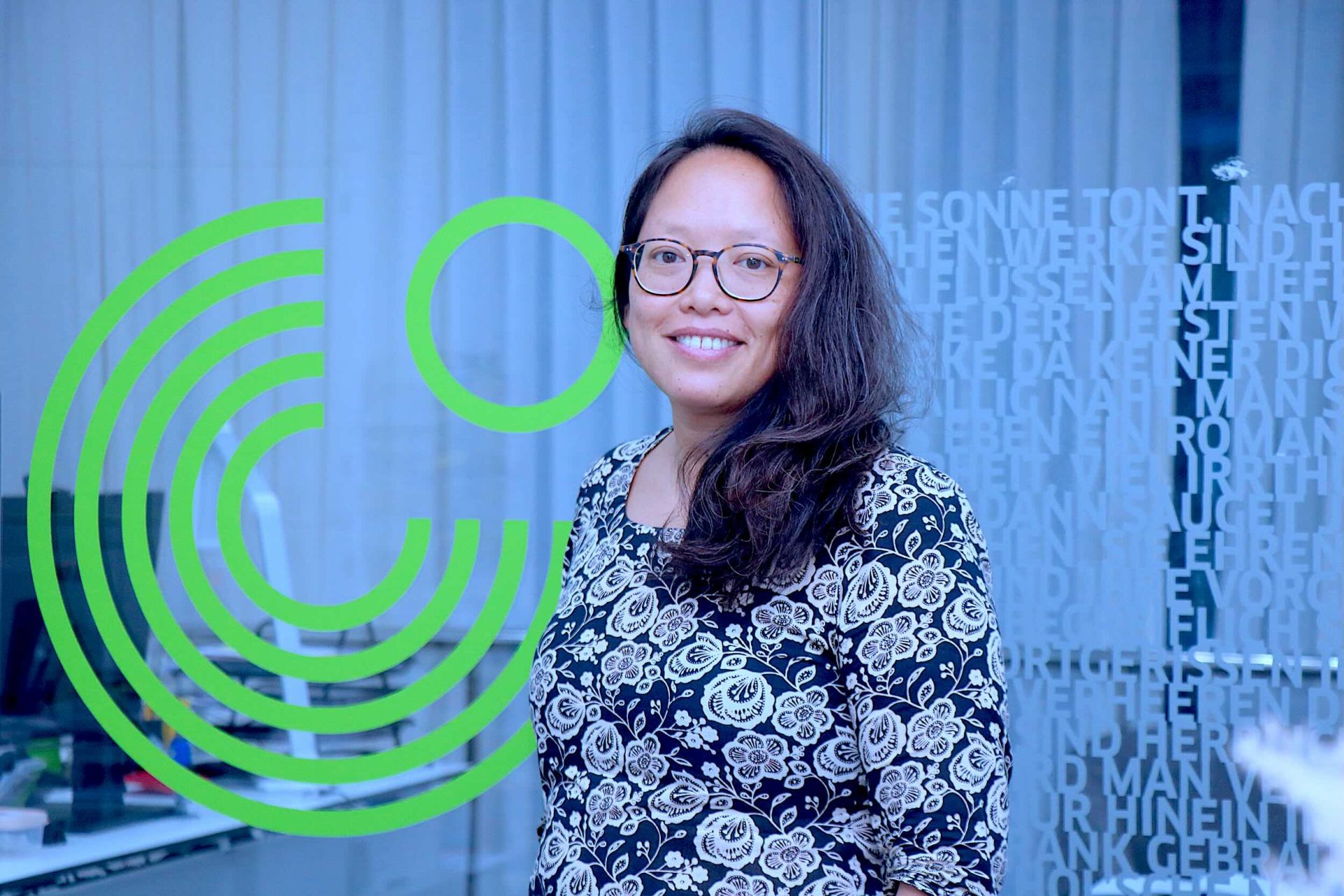At the heart of the Goethe-Institut Ho Chi Minh City, Mailan Thai—director and head of the Cultural Program Department—has devoted her career to nurturing dialogue between Vietnam and Germany through language, culture, and shared human narratives. Born and raised in Germany to Vietnamese parents from Hue and Saigon, she grew up navigating two worlds that would ultimately shape her life’s mission.
The Saigon Times: When was your first visit to Vietnam?
Mailan Thai: The first time I returned was when I was four years old. That trip is one of my earliest, happiest memories. For a child, the journey felt enormous: a long flight to Saigon and then a two-day train ride to Hue. Everything felt bigger and more vivid — the smells, the crowds, the family gatherings — and those sensory impressions stayed with me.
What do you remember most from that trip?
I remember two things especially: the sense of being surrounded by family and the adventure of the travel itself. In Germany I was an only child, so coming to Vietnam where cousins, aunts and grandparents were everywhere made me feel instantly cared for and noisy in a comforting way. I also remember the travel logistics — flying into Saigon, then taking a long train to Hue — which for a four-year-old felt like a real expedition. I still laugh when I think about how thrilled and overwhelmed I was.
How did Vietnam feel to you as a child growing up abroad?
For me, Vietnam felt like a second home that was warmer and louder — in the best way. Even though people were poorer in some ways back then, that didn’t matter to my childhood happiness. The community life, the family closeness, the constant presence of relatives — all of that created a powerful emotional anchor. I never felt lonely there; there was always somebody to play with, to be fed by, to fall asleep near. Those early feelings of belonging made it easy for me to move between Germany and Vietnam later in life.
You mentioned you have always felt “in between” two cultures. How did that shape who you are today?
Being between cultures taught me flexibility and perspective. I learned early that problems have more than one acceptable solution and that people’s priorities can look very different depending on context. This shaped my career choice — I wanted to be a communicator, a mediator — because I saw how misunderstanding or lack of context created friction. Practically, it gave me emotional resilience: I could live in Germany or Vietnam, and I always felt I belonged. Intellectually, it made me curious about systems and values, and it trained me to translate not only words, but meanings and expectations.

What’s one key value Vietnam has given you?
The sense of family and community. In Vietnam, relationships and communal life are central — your network is your safety net. That value shows itself in everyday choices: prioritizing family meals, shared responsibilities, and respect for elders. It taught me to value interdependence and to see success as a social achievement, not just an individual one.
And from Germany?
Germany taught me logical thinking and egalitarian debate. In Germany, ideas are judged by their merit: a good argument matters more than title or seniority. That trains you to think clearly, defend positions with facts and welcome critical discussion. It made me value transparent decision-making and the importance of procedure — useful for running programs and dealing with administration.
If you had to introduce a Vietnamese dish to a German friend for the first time, what would it be?
I would start with a noodle soup — phở or bún bò. They are comforting, layered in flavor, and easy for foreign palates because they combine simple textures with rich, familiar tastes. But I would actually stress the manner of eating: serve a family-style meal with rice, a grilled dish, vegetables and a shared soup. That way the friend can experience not just flavors but the communal ritual — passing plates, trying a bit of everything. For a German used to single-plate meals, that act of sharing is often the most surprising and delightful part.
How do you balance your life as a director, a wife, and a mother?
Balance is an ongoing negotiation, not a final state. Practically, I rely on strong time management, clear priorities, and support at home — my cousin helps us with household tasks, for example. Emotionally, I try to accept that some days one role will take precedence over others. In Vietnam, many women carry what we call a “double burden”: professional responsibilities plus primary caregiving expectations. I’m fortunate to have help, but I also work to create structures at the institute that respect employees’ family lives. The honest truth is it’s hard — there’s guilt, trade-offs, and exhaustion — but building a realistic routine, asking for help, and setting boundaries helps a lot.

What’s the most meaningful part of your role at the Goethe-Institut?
Two things: high-quality language education and human-centered cultural exchange. Language teaching has a practical, tangible impact — it helps people access study and work opportunities abroad. But my personal love is the cultural programs: events, films, theater, exchanges — because they create real encounters between people. Those encounters break stereotypes, build empathy, and sometimes change lives.
Could you share one project that touched you deeply?
Yes — we screened a documentary made by a German filmmaker about the Sedang minority in the Central Highlands. The film had been shown internationally but never in the village it depicted. We took the film back, projected it on a makeshift screen made of a bed sheet and bamboo, and watched local villagers — including the protagonist — see themselves on screen for the first time. The experience was raw and beautiful: people laughed at familiar moments, some cried, and the community saw its own story recognized on a global stage. That kind of cultural reciprocity — giving people their image back — is incredibly powerful.
You have also worked on projects for people with disabilities. Could you share about that?
Absolutely. One project brings deaf and hearing dancers together; another makes theater accessible for blind audiences. For the deaf project, choreographers and deaf participants collaborate to translate music into visual and tactile cues — vibrations, synchronized visuals, and strong visual cues so everyone can dance together. For blind audiences, we adapt performances with audio description, tactile pre-show experiences, and relaxed seating. These projects do two things: they open culture to groups often excluded, and they challenge assumptions about who can be an artist or an audience member. Seeing disabled people not only attend but lead creative activities is a meaningful step toward equality.
You also help local artists reach international audiences. How do you do that?
We create exchange programs, co-productions and festival invitations. For example, we commission collaborative works where German and Vietnamese artists co-create, then facilitate presenting those works in Germany — at festivals or theaters — and vice versa. We also support Vietnamese artists to participate in residencies, connect them with curators abroad, and help them apply for international platforms. The goal is to provide visibility and sustainable networks so artists can grow beyond local markets.
Why should Vietnamese people learn German?
Learning German opens practical and long-term opportunities. If you plan to study in Germany, fluency helps you integrate socially and academically; even programs taught in English often require German for daily life. For work, many German companies operate in Vietnam and need people who can communicate with headquarters. Also, Germany offers low-cost higher education and strong vocational pathways, so language skills are an investment in a stable future. Finally, the cognitive benefits of learning a complex, rule-based language help in many professions.

Looking forward, what is your plan with the institute and what do you hope to bring to the community?
We will continue and deepen language quality and expand cultural exchange. Practically, we want to increase accessibility: more inclusive programming for people with disabilities, more regional outreach beyond major cities, and stronger partnerships to amplify Vietnamese artists internationally. We also want to provide honest, practical information about life in Germany: the opportunities and the challenges — so people can make informed choices.
Reported by The Ky









